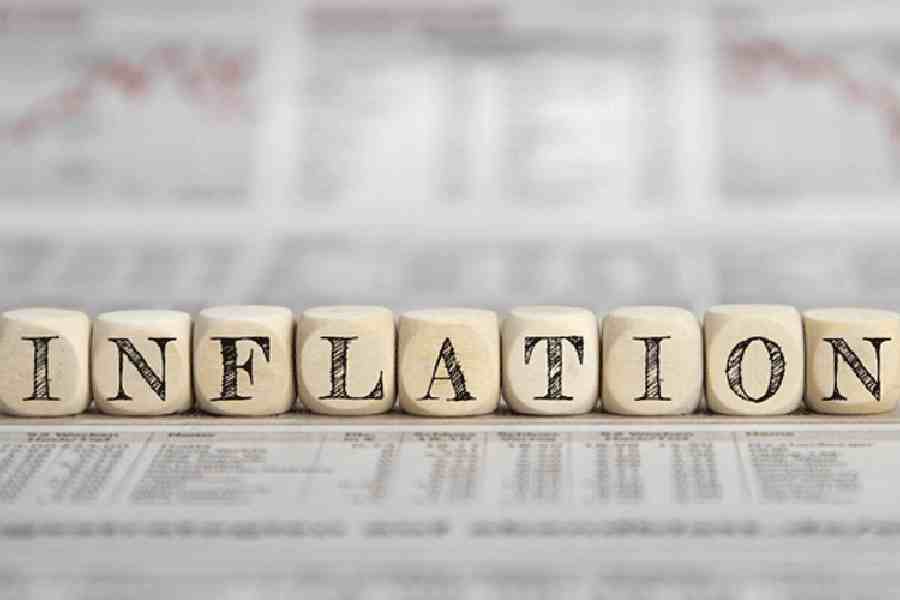Retail inflation declined to 6.83 per cent in August after touching a 15-month high of 7.44 per cent in July, mainly due to the softening prices of vegetables, but remains above the Reserve Bank's comfort zone.
Overall inflation in the food basket stood at 9.94 per cent in August against 11.51 per cent in July, according to data released by the National Statistical Office (NSO) on Tuesday.
Retail inflation, or consumer price index-based inflation (CPI), was at 7.44 per cent in July and 7 per cent in August 2022. Core CPI for the second month remained below 5 per cent at 4.86 per cent.
Sky-rocketing tomato prices, which caught the eye in July, were down 21.7 per cent month-on-month. The price index for potatoes was up 2.3 per cent from July and onions, 12.3 per cent.
“Given the spatial distribution of monsoon and its impact on kharif sowing and subsequently on cereals inflation, as also steep decline in LPG prices offsetting CPI by 25 bps, we see good case for retail inflation to slouch towards RBI’s tolerance zone,” Soumya Kanti Ghosh, SBI group chief economic adviser, said.
Aditi Nayar, chief economist at Icra, said the fall in vegetable prices contributed as much as 28 basis points to the 61 basis-point decline in headline inflation numbers in August.
"Notwithstanding the reversal of the relatively transient spike in tomato prices, the outlook for food inflation remains on edge, on account of other vegetables such as onions, as well as kharif crops with a year-on-year lag in sowing such as pulses. Well-distributed rainfall in the rest of September could help to protect kharif yields, even as reservoir levels do not portend well for an early kick-off of rabi sowing," Nayar warned.
Industry growth
Industrial production growth rose to a five-month high of 5.7 per cent in July mainly because of a good showing by the manufacturing, mining and power sectors.
According to IIP (index of industrial production) data released by the National Statistical Office (NSO), the manufacturing sector's output grew 4.6 per cent in July against 3.1 per cent a year ago.
The capital goods segment grew 4.6 per cent compared with 5.1 per cent a year ago. Consumer durables output declined 2.7 per cent against a 2.3 per cent growth.
Consumer non-durable goods output increased 7.4 per cent compared with a contraction of 2.9 per cent a year earlier.










